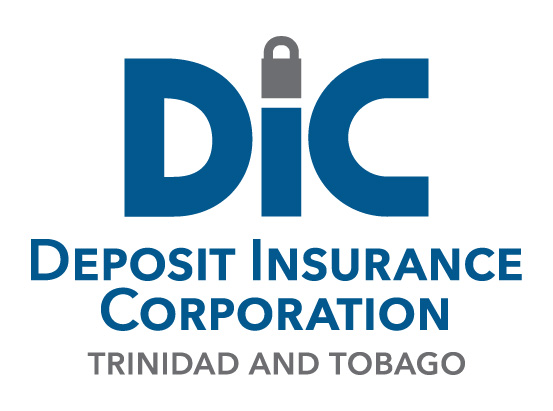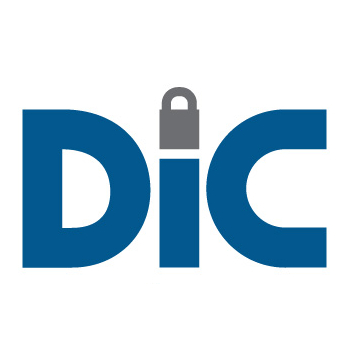In its simplest form, ‘liquidation’ refers to winding up a company by selling off its assets and converting them into cash to pay the company’s secured and unsecured creditors in proportion to the company’s confirmed indebtedness to each creditor.
Frequently Asked Questions
- Is the depositor required to produce proof of ownership to the DIC or to the transferee institution?
- Does the borrower’s obligations to the institution continue after the institution is closed?
- Can a depositor leave his/her deposit with the transferee institution?
- Is the insurance protection increased by placing funds in two or more types of deposit accounts in the same institution?
Did You Know?
- Misconception: Depositors of a failed member institution would receive payment immediately upon closure of the failed member. - Fact: The legislation governing the operations of the Deposit Insurance system provides for payout to commence within 3 months of the closure of a member institution.




